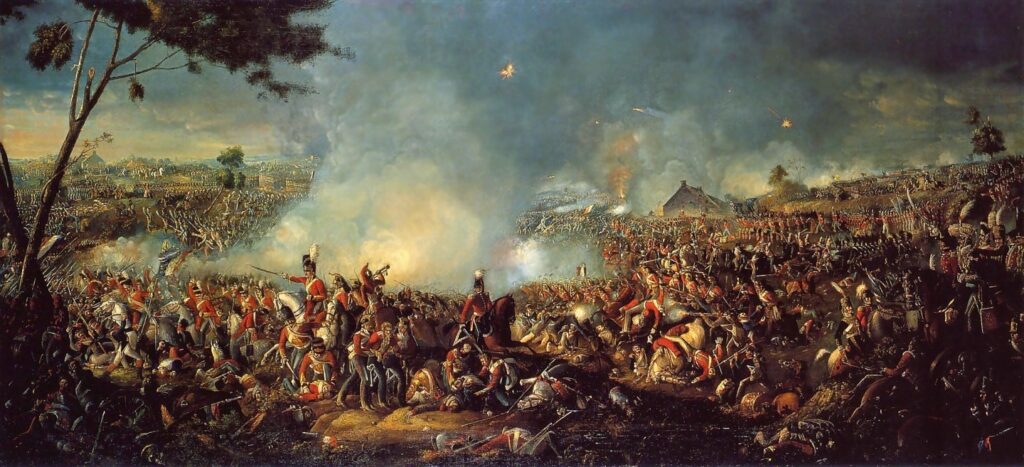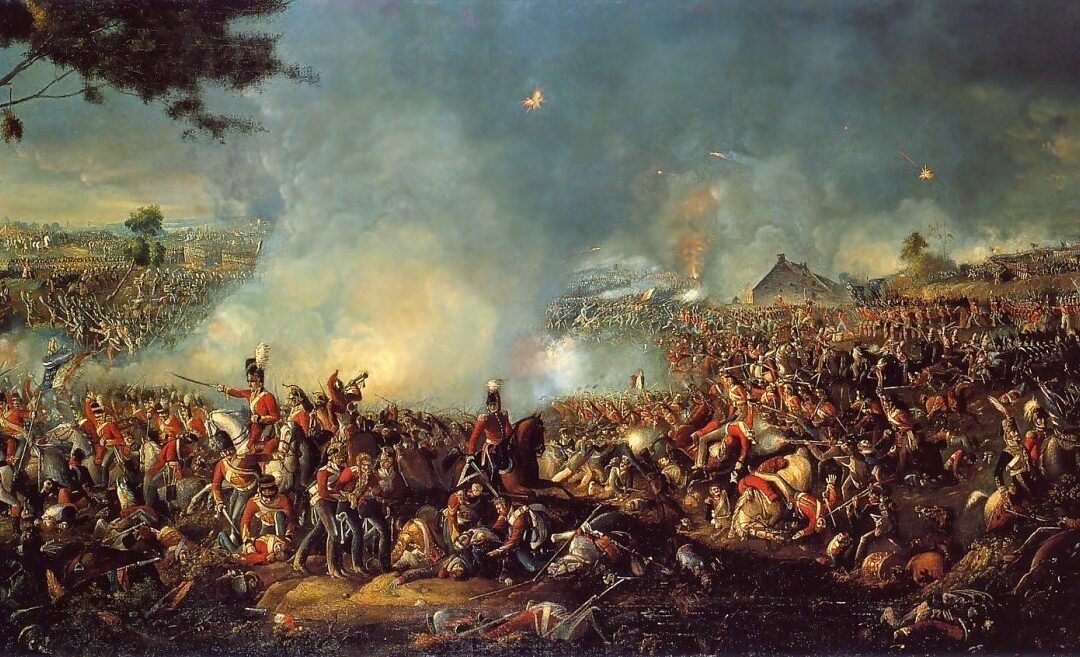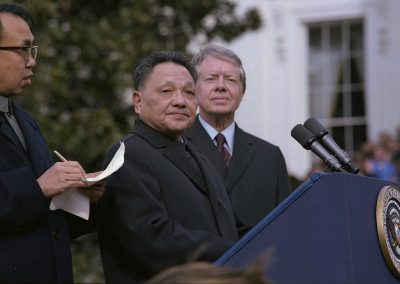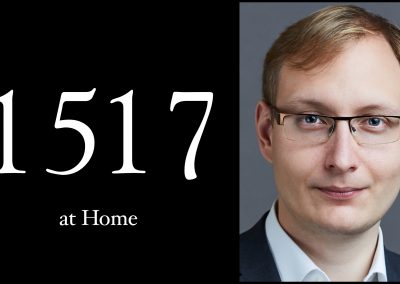
Competition for Power
This is an excerpt from the draft of my upcoming book on great founder theory. Learn more here.
To win on the global strategic stage, you must understand how to gain and wield power. As soon as you decide to gain power, however, you’ll find yourself surrounded by others doing the same. Suddenly, you’re competing for power. By studying the competitors and the nature of the competition, it becomes possible to craft a winning strategy.
Understanding the competition for power also provides a window into understanding the behavior of other important players. While you yourself may not be competing in a strategic landscape, other powerful people certainly are. Understanding the landscape they’re competing within begins to reveal their plans, goals, and next moves, which you can use to piece together what’s happening all over the world.
So, how does the competition for power work?
The distribution of skill
There is good reason to think skill lies on a Pareto distribution — some people are dramatically more skilled than others and can accomplish feats others cannot. For example, very few people have the skill to found a company, far fewer have the skill to found a successful company, and fewer still can found a successful company that does anything at all interesting. Google seeks to hire programmers who are 10 times more competent than others, known as 10X programmers. Master Go players consistently beat those of even slightly lower rank. Some politicians are drastically more persuasive and charismatic than others.
There are two theoretical explanations for this that I find plausible. I call the first explanation the Completeness Hypothesis. It is the idea that having all of the important contributing pieces to producing an effect makes a given effect much, much larger than having most of the pieces. Having 100% of the pieces of a car produces a very different effect than having 90% of the pieces. The four important pieces for producing mastery in a domain are good feedback mechanisms, extreme motivation, the right equipment, and sufficient time. According to the Completeness Hypothesis, people that stably have all four of these pieces will have orders-of-magnitude greater skill than people that have only two or three of the components. This produces the observed distribution.
The second possible explanation is the Efficacy Arms Race Hypothesis. This theory claims that your ability to accomplish your goals is determined by relative rather than absolute skill; to succeed in competitive domains, beyond a basic threshold of skill, you just need to be better than your competitors. Consider for example the skill required to create a successful restaurant. Beyond the relatively low level of default skill necessary to make the restaurant passably functional, the actual skill required for your restaurant to succeed will be determined by the skill of your competitors. It will be a lot lower in Boise, Idaho than in New York City. If everyone in the ancient world had been as skilled as Alexander the Great, he wouldn’t have been Great. Certain players can out-compete others due to their greater relative level of skill rather than their absolute level of skill.
One or both of these explanations might be at play, and they have grounding in various theories of skill acquisition. Completeness relies on the nature of certain kinds of intricate tasks and processes. Building half an internal combustion engine does not give you the benefit of a combustion engine, after all—not even half the benefit of a combustion engine. A car with half of an engine doesn’t move at all, no matter how much gas you pour into the tank. The arms race hypothesis relies on the nature of competitive learning. Imagine someone aiming to become a chess player that has never played with someone else, but only attempted to derive optimal moves from the rule-set: competitive skill growth typically just doesn’t work that way. Your performance in a given competitive domain is always relative to the quality of the other agents in that domain.
Ambitious people will tend to be found near the upper end of the skill range. Ambitious goals require significantly more skill to achieve than unambitious goals. As such, perceptive ambitious people will be strongly motivated to develop the skills necessary for achieving their ambitious goals. Such strong motivation is one of the key prerequisites for achieving mastery — you do not reach great skill without great motivation.
In these upper ranges of the skill distribution, the ambitious people fall again into a Pareto distribution: some with moderate skill and a few with very high skill.
Ambitious people
Those with moderate skill will tend to be found in areas of visible power and prestige. Ambitious people are often interested in winning these resources. Resources are highly concentrated in particular locations. Skilled ambitious people tend to flock to these resource dense locations and enter into the few major domains of competition located there. In the United States, for example, they can be found pursuing finance in New York City, startups and technology in Silicon Valley, and politics in Washington, D.C. A very large number of ambitious moderately skilled people can be found competing in these domains and locations.
In contrast, the few people with very high skill will tend to congregate in largely unoccupied areas offering owned power. Owned power is power that cannot easily be taken away. For example, persuasive skill can’t be taken away easily and is a source of owned power. In contrast, a particular position in a company that could fire you doesn’t constitute owned power.
Unoccupied areas with opportunities to gain owned power may or may not overlap with areas of visible power and prestige. Very skilled people and not others can be found in these areas for two reasons: first, gaining owned power is strategically superior, which people of high skill will be able to recognize. As a result, they’ll seek out sources of owned power. Secondly, these areas require skill to find, as they are well-hidden.
Skilled people will seek owned power as it is extremely versatile — it can be used for nearly any strategic aim. Borrowed power is significantly more limited in its usage. Furthermore, highly ambitious projects frequently specifically require owned power. For example, you need owned power to successfully found a company. You even need owned power (typically in the form of technical skill or persuasive ability) to successfully climb the ladder in competitive borrowed power systems, like government bureaucracies. Very skilled people are likely to be strategically savvy enough to understand these considerations, and they’ll hunt for owned power as a result. Less skilled people may be wise enough to hunt for owned power, but they’ll tend not to find it — areas with great potential owned power are frequently difficult to identify.
At any point in history, there are only a few good places to gain large amounts of owned power. In the middle of the 18th and 19th centuries in the British Empire, it was the colonies. At the turn of the 20th century in Texas, it was the burgeoning oil industry. While the details differ across time and place, it has always been the case that there are relatively few at any given time.
In addition, the best places to gain owned power are new, undiscovered places. Old sources of owned power will become better known and more competitive, and frequently the resources available there will dry up. This phenomenon is especially apparent within great centers of power like Washington D.C. today or Rome during the time of Caesar. As a result, the best places to gain owned power will be far from the center and frequently not prestigious. For example, despite being a much better route to owned power, moving to Texas to compete in the burgeoning oil industry was less prestigious than competing in finance in New York or politics in D.C. at the time. Julius Caesar conquered Gaul to win the allegiance of his legion so that he could return to Rome with enough owned power to be named Dictator by the Senate. Leading an army to conquer Gaul is grueling work compared to residing in Rome in relative comfort. Gaining owned power is dirty and doesn’t happen in well-established prestige centers.
To make matters worse, sources of owned power are deliberately concealed by those competing there. Once strategic players locate these areas, they will seek to conceal their existence so as to minimize the entry of other players into the area. Since competition or prestige are signs of these areas’ existence, they will seek to conceal competition and sometimes to avoid prestige, as well as obfuscate any other visible indicators.
By virtue of being few, undiscovered, and actively concealed, the best places to gain owned power are very difficult to find. Without investigative, strategic, and theoretical skill, at least, players won’t reliably find and be found in areas of owned power. People that are ambitious, strategic, and highly skilled will converge on the few available routes to gaining owned power. These people will be among the most skilled and competitive players that exist. To gain large amounts of owned power, expect to find yourself at the heart of intense competition occurring between very skilled people in highly unusual places, both geographically and intellectually.
Competitive dynamics
Limited vs. Unlimited Action
There are two types of actions in competition—limited action and unlimited action.
Unlimited actions are competitive actions that do not pertain directly to the competitive domain; they do not stick to the rules. Befriending the judges of an essay competition to bias them is an example of unlimited action. Unlimited actions are often considered unfair. The vast majority of people don’t take unlimited actions when competing.
Limited actions are competitive actions that pertain directly to a given domain of competition and stick to “the rules.” For example, in an essay competition, trying to write a really good essay would be a limited action. Most people only compete using limited actions.
There are four primary ways in which players’ competitive actions can be limited.
First, some means of competition can be monopolized by a given player and thus denied to other players. For example, most national governments have a monopoly over the legitimate use of violence within their territory. As such, competitors in an essay competition are unlikely to murder one another to increase their odds of winning, because they’ll suffer the wrath of the U.S. government.
Second, some strategies cannot be used by players who are insufficiently skilled. For example, it takes skill to use proxy warfare against a competitor. It is unlikely that low-level players will be aware of this strategic option, and if they did attempt the strategy, they would probably fail to execute it. Many competitive strategies only become available once a player has reached a sufficient level of sophistication.
Third, some actions that would otherwise increase a player’s chances of victory are deemed off-limits by the competitors themselves. For example, most competitors in the essay competition will be unwilling to consider ways of sabotaging their competitors. Not sabotaging opponents in this case might be strategically sensible due to the low risk of getting caught, but this is not the point. Competitors don’t even consider these strategies. If there were a safe and reliable way to sabotage other competitors, most players would not find it—they would not even think to look.
Fourth, competitive action can be limited by personal incentives. Players will pursue the strategies that best accomplish their goals. A particular strategy might win a given competition while causing problems for the competitor’s broader goals. For example, President Truman might have been able to achieve global American hegemony by nuking the Soviet Union after World War II and not done so because he didn’t want to kill millions of people. It might be a bad idea to sabotage competitors in an essay contest due to the potential reputational damage if caught compared to the meager benefit of winning the competition.
Competitive dynamics between skilled, ambitious individuals
Competition between people who are ambitious, strategic, and skilled will tend to be particularly vicious because most of the previous constraints will either not apply or only apply in a limited way. Since the players are highly skilled, competitive strategies that require high levels of skill are accessible. Additionally, these players will limit their strategic actions much less than other players, by using otherwise off-limits actions and aligning their personal incentives behind their competitive goals. This is because the stakes of the competition are usually high; losing a potential opportunity for owned power can be extremely costly. As a result, competition in the areas offering owned power will feature unlimited action and is likely to be extremely brutal.
Within this vicious unlimited competition, strategic players will reverse engineer strategies that their opponents use, which yields symmetry in the strategies employed. As soon as a single competitor uses a strategy, all other competitors gain that strategy as well. For example, if one company gains an advantage over competitors by reducing costs using an outsourced programming company for basic coding tasks, other companies will then rush to imitate the strategy to remain competitive. Because they are skilled and their actions are unlimited, they are frequently able to do so successfully.
Offensive moves in competitive environments then result in escalation, through forcing the opposing side to counter the offensive move, frequently by reverse engineering and matching the tactic used for the escalating, or even a more severe tactic. Imagine that two companies dominate an industry in a particular country. One serves the eastern half of the country while the other serves the western half. If one company contests the other’s territory, the other must contest in return, lest it lose too much business and demonstrate an unwillingness to fight, inviting further attacks.
Such escalation would be net-negative for both companies. To avoid this, they will sometimes avoid contesting each other’s territory. In situations where no competitor has a clear advantage, spoken or unspoken agreements not to engage in certain types of competition will often arise among competitors.
Nevertheless, competition among strategic players will tend to escalate because victory requires escalation. If a competitor wants to win, as such competitors often do, they won’t indefinitely tolerate a stalemate, negotiated or otherwise. They will seek novel unlimited strategies to defeat their opponents, and they will find them. Executing new strategies is an escalation in itself, and if opponents reverse-engineer them, as they often do, there will be further escalation. Hence, competition at the highest levels tends to escalate symmetrically.
Does this mean that all competitive domains are destined to result in a never-ending and destructive “war of all against all”? Not necessarily. Due to the variance in skill even at the highest levels of competition, some competitors are likely to be unusually skilled at recruiting or neutralizing weaker competitors. If Muhammad and Charles de Gaulle happened to be competing in the same domain, Muhammad would likely quickly recruit or defeat De Gaulle after a short, if strenuous, struggle. It is for this reason that societies with an abundance of skilled people tend not to devolve into self-destructive conflict, but rather flourish. Competition and flourishing are not simple linear trade-offs: a society can be free of conflict and barren, or highly competitive and successful.
On the path to power
The paths to power available to the naive aspirant are mostly false prestigious paths, pursued by ambitious people of only moderate skill. The actual paths to power pursued by strategic players are surprising, as they center around disguised or undiscovered sources of owned power. Developing a correct understanding of the strategic landscape given this noise obscuring the signal is non-trivially difficult.
Along the path to power, it is necessary to take competition seriously. If you are on track, you will encounter extreme competition from ambitious, skilled people in unusual areas. This competition will tend to be extremely unchecked, with a tendency to escalate quickly on both sides. Seek to postpone such competition as long as possible to be ready for it when it does arrive, and to be able to discern between innocuous and actually threatening attacks.





